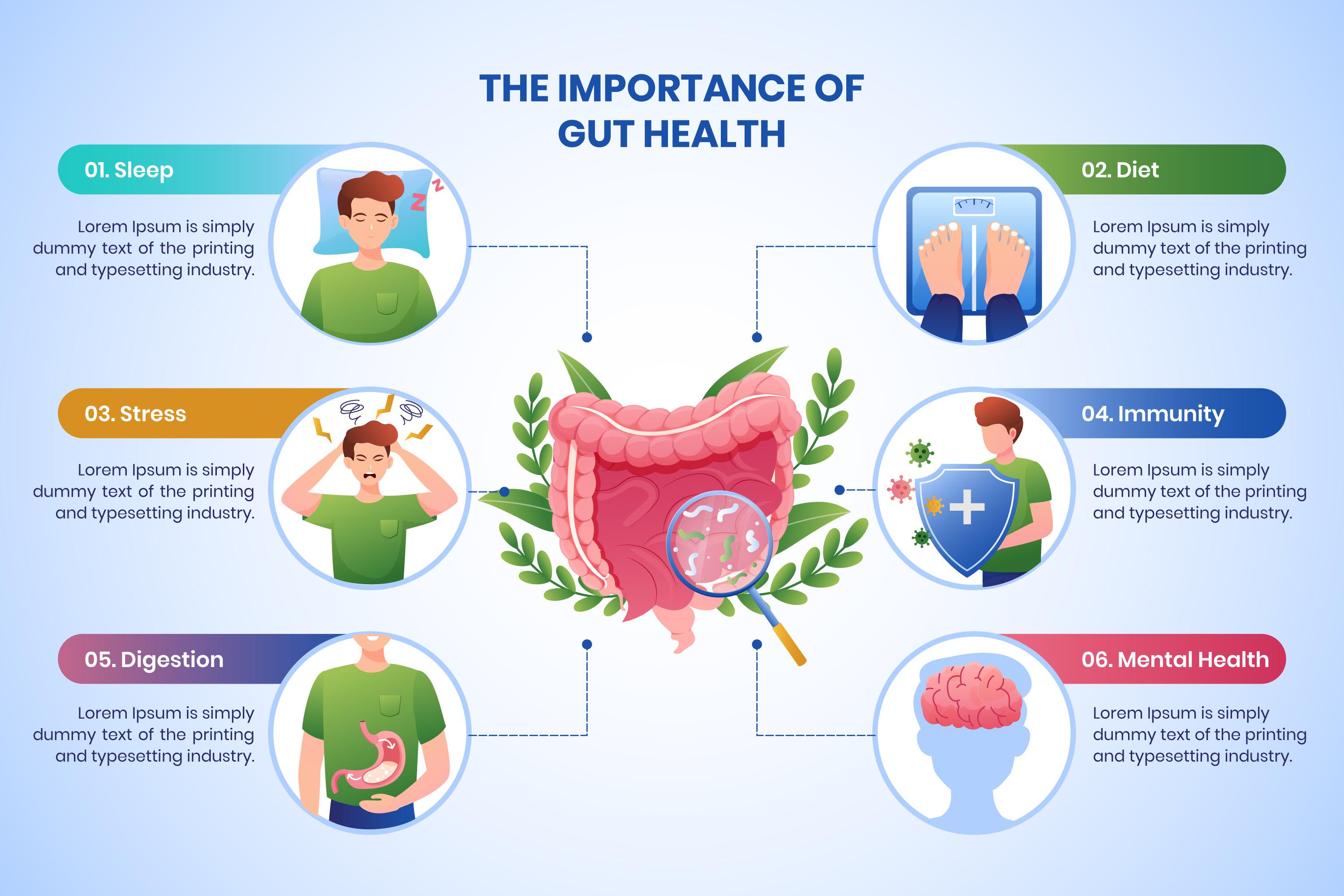Patrocinado
Maintaining Digestive Health: Proven Tips from Gastroenterology Experts

Your digestive system plays a huge role in your overall health. From breaking down food to absorbing nutrients, it keeps your body going strong. But when things go wrong—like bloating, constipation, acid reflux, or indigestion—it can affect your daily life, mood, and energy levels.
Good news? Keeping your digestive system healthy doesn’t have to be complicated. With a few simple changes in lifestyle and diet, you can improve digestion, avoid common problems, and feel better every day.
In this guide, we’ll walk you through proven tips shared by top gastroenterology experts, so you can enjoy a happy, healthy gut.
Why Digestive Health Matters
Your digestive system is like your body’s engine. It turns the food you eat into energy and nutrients. But when it’s not working right, everything else suffers. Poor digestion can cause:
-
Stomach cramps
-
Gas and bloating
-
Heartburn and acidity
-
Fatigue and irritability
-
Even skin issues and weight gain
Taking care of your gut isn’t just about avoiding tummy trouble—it’s about improving your overall quality of life.
1. Eat a Balanced Diet – Your Gut Will Thank You
One of the best ways to support your digestive health is to eat the right foods.
Here are some gut-friendly food choices you can add to your plate:
✅ Fiber-rich foods – Whole grains, fruits, veggies, lentils, and oats keep your bowel movements regular.
✅ Probiotics – Found in yogurt, buttermilk, kefir, and fermented foods, they boost healthy gut bacteria.
✅ Hydrating foods – Cucumbers, watermelon, oranges, and soups help keep digestion smooth.
✅ Healthy fats – Nuts, seeds, and olive oil support nutrient absorption.
Avoid too much spicy, fried, or processed food, as these can trigger acidity, gas, or bloating.
2. Drink Enough Water
Water is essential for good digestion. It helps move food through your system, prevents constipation, and keeps everything running smoothly.
Experts recommend drinking at least 8–10 glasses of water daily. You can also sip on warm water or herbal teas like ginger or peppermint after meals to ease digestion naturally.
3. Stay Active
Physical movement is not just good for your heart or weight—it’s great for your gut too! Regular exercise helps:
-
Improve digestion speed
-
Reduce bloating and gas
-
Manage stress (which can trigger gut problems)
-
Promote regular bowel movements
Even simple activities like walking after meals, yoga, or stretching can do wonders.
4. Eat Mindfully
We’re all guilty of eating in a rush or watching TV while munching. But mindful eating—eating slowly and chewing properly—can make a big difference.
Here’s how to practice it:
-
Sit down and focus on your meal.
-
Chew thoroughly to make digestion easier.
-
Don’t overeat—stop when you feel 80% full.
-
Avoid lying down immediately after meals.
Mindful eating also reduces chances of overeating, acidity, and gas.
5. Manage Stress – Your Gut Feels It Too
Did you know that your gut and brain are connected? That’s why stress and anxiety can lead to digestive issues like IBS (Irritable Bowel Syndrome), acidity, or nausea.
To keep your gut and mind happy:
-
Practice breathing exercises or meditation
-
Spend time in nature or do something you love
-
Take breaks during work
-
Get enough sleep (7-8 hours nightly)
Relaxing your mind goes a long way in relaxing your gut.
6. Avoid Self-Medication for Stomach Issues
Popping antacids or laxatives without understanding the root cause may bring short-term relief but can harm your gut in the long run.
If you have chronic issues like acidity, bloating, constipation, or frequent indigestion, it’s best to consult a professional. A gastroenterologist in Surat can help you find the right diagnosis and treatment instead of just masking symptoms.
7. Look Out for Warning Signs
Your digestive system speaks to you—pay attention when something feels off.
See a doctor if you notice:
🚩 Constant stomach pain
🚩 Sudden changes in bowel habits
🚩 Blood in stool
🚩 Unexplained weight loss
🚩 Persistent acidity or vomiting
Early diagnosis can prevent more serious problems like ulcers, liver disease, or even colon issues.
8. Get Regular Health Checkups
Even if you feel fine, getting regular digestive health checkups is a smart move—especially if you have a family history of gut-related issues.
Several trusted clinics and hospitals now offer digestive health screening packages that include tests like endoscopy, colonoscopy, and liver function tests. If you're looking for expert care, the top 10 gastroenterologist in Surat are known for providing personalized, advanced digestive health solutions.
Conclusion: A Healthy Gut = A Healthy You
Digestive health is not just about food—it’s about your overall lifestyle. What you eat, how you move, your stress levels, and your habits all affect your gut. Start small, stay consistent, and seek expert advice when needed.
Remember, a happy gut leads to better energy, mood, immunity, and quality of life.
So, take the first step today. Eat better. Drink more water. Breathe deeply. And if needed, don’t hesitate to get guidance from a qualified specialist. After all, your gut health deserves expert care.
If you need help, trust the advice from a leading gastroenterologist in Surat and follow these easy, expert-backed tips to take charge of your digestive wellness—one healthy habit at a time.



